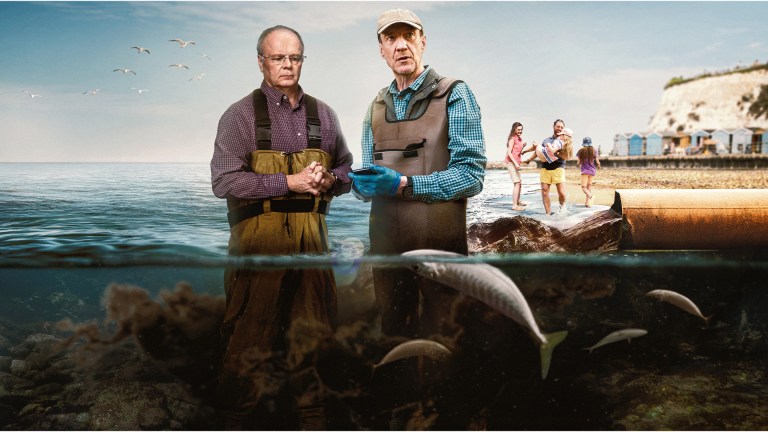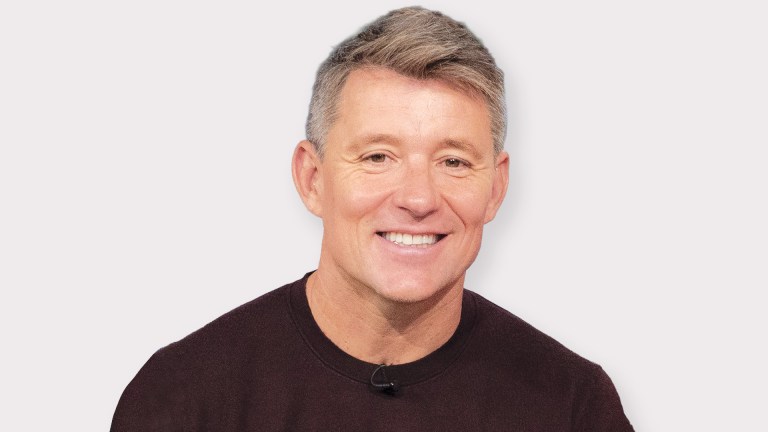What with Derry Girls and Fleabag on the TV the other week AND International Women’s Day, men would be forgiven to think they are becoming extinct. I mean, they hardly have any representation in the media at all, bar a bit of fluffy commentary on the silly football (which isn’t even on the real telly most of the time, just those big giant tellies in pubs). What will they do now? Who will gaze upon their gently undulating egos and listen to their deep, faintly monotonous voices?
Of course I am being sarcastic, like bitter and twisted women are prone to be. Because whatever way you look at it, two sharply observed comedies created by women at the top of their professional game don’t redress the gender balance – they barely make for a full hour of entertainment. They certainly don’t make up for Jeremy Clarkson presenting Who Wants to Be A Millionaire, or indeed any other moment of his entire career, up to and including punching a colleague. But judging by the reaction these two shows got (delight, dismay, laddish bantz, hyperbole – see Twitter for details) you would have thought the whole concept of a TV show with women in it was as rare as a brain cell on The Bachelor.
The characters make silly faces that definitely aren’t pretty, they make terrible mistakes and show themselves up and act out and don’t belong
It’s funny really, because women are everywhere else. In your house, at work, on the bus, in the doctor’s surgery. I went to a charity event last week that was entirely full of them, and the oestrogen hit was so strong I found myself in a strange, otherworldly state where I didn’t care what anybody thought of me and was enjoying myself immensely and without complication. There was no self-consciousness and no nagging feeling that someone would try to explain my job, my hair, my political views and my opinions to me while simultaneously trying to get into my liquorice allsorts. It felt like freedom.
It’s actually similar to the feeling I get when I watch Derry Girls and Fleabag. There’s something freeing about them. They’re completely different in lots of ways; one is suffused with bleak metropolitan privilege and the other is a nostalgic Nineties, Cranberries-stained teenage riot, but they have lots in common, too. Both are about female friendship and families, and they’re both unapologetically written and fearlessly performed. The characters make silly faces that definitely aren’t pretty, they make terrible mistakes and show themselves up and act out and don’t belong. They have fluids and foibles and faulty personalities. It really doesn’t matter what they do, in fact, because well-drawn characters take care of themselves, and when they’re female, they do twice the work (as per bloody usual). It’s almost enough to see them all up there, doing relatable things, and not being pretty long-haired ciphers, victims or plot devices.









